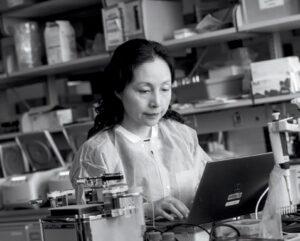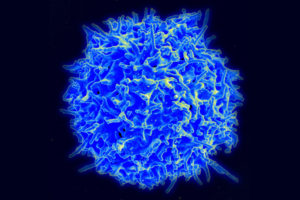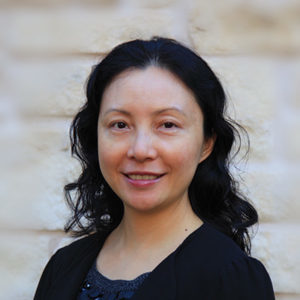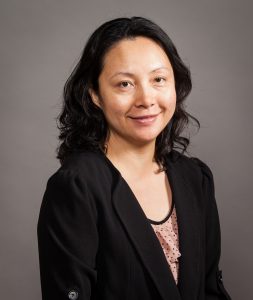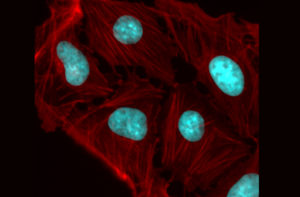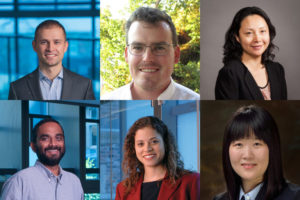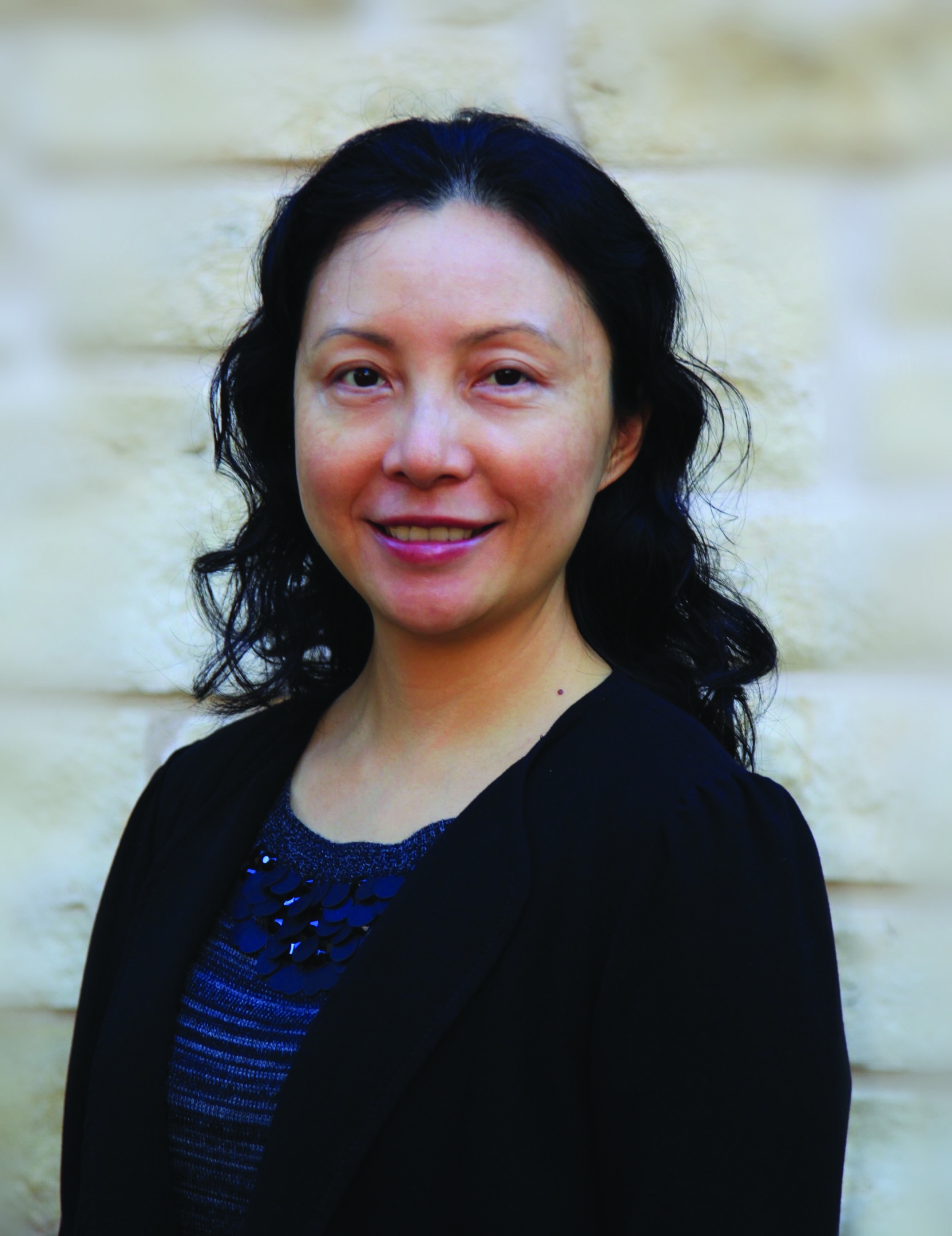
TDP-43 may be one of the most dangerous proteins in the human body, implicated in neurodegenerative conditions like ALS and Alzheimer’s disease. But the protein remains mysterious: how TDP-43 interacts with the immune system, for instance, is still unclear.
Now, Ning Jenny Jiang, J. Peter and Geri Skirkanich Associate Professor of Innovation in Bioengineering, has been selected for the Collaborative Pairs Pilot Project Awards, sponsored by the Chan Zuckerberg Initiative (CZI), to investigate the relationship between TDP-43 and the immune system.
Launched in 2018, the Collaborative Pairs Pilot Project Awards support pairs of investigators to explore “innovative, interdisciplinary approaches to address critical challenges in the fields of neurodegenerative disease and fundamental neuroscience.” Professor Jiang will partner with Pietro Fratta, MRC Senior Clinical Fellow and MNDA Lady Edith Wolfson Fellow at the University College London Queen Square Institute of Neurology.
The TDP-43 protein is associated with neurodegenerative diseases affecting the central nervous system, including ALS and Alzehimer’s disease. While the loss of neurons and muscle degeneration cause the progressive symptoms, the diseases themselves may be a previously unidentified trigger for abnormal immune system activity.
One possible link is the intracellular mislocalization of TDP-43 (known as TDP-43 proteinopathy), when the protein winds up in the wrong location, which the Jiang and Fratta Labs will investigate. Successfully proving this link could result in potentially game-changing new therapies for these neurodegenerative diseases.
The Jiang Lab at Penn Engineering specializes in systems immunology, using high-throughput sequencing and single-cell and quantitative analysis to understand how the immune system develops and ages, as well as the molecular signatures of immune related diseases. Jiang joined Penn Bioengineering in 2021.
Since arriving on campus, Jiang has teamed with the recently formed Penn Anti-Cancer Engineering Center (PACE), which seeks to understand the forces that determine how cancer grows and spreads, and Engineers in the Center for Precision Engineering (CPE4H), which focuses on innovations in diagnostics and delivery in the development of customizable biomaterials and implantable devices for individualized care.
Jiang was elected a member of the American Institute for Medical and Biological Engineering (AIMBE) College of Fellows in 2021, and has previously won multiple prestigious awards including the NSF CAREER, a Cancer Research Institute Lloyd J. Old STAR Award, and a CZI Neurodegeneration Challenge Network Ben Barres Early Career Acceleration Award.
Jiang is a leader in high-throughput and high-dimensional analysis of T cells, a type of white blood cell crucial to the functioning of a healthy immune system. A recent study in Nature Immunology described the Jiang Lab’s TetTCR-SeqHD technology, the first approach to provide a multifaceted analysis of antigen-specific T cells in a high-throughput manner.
The CZI Collaborative Pairs Pilot Project Awards will provide $200,000 of funding over 18 months with a chance to advance to the second phase of $3.2 million in funding over a four-year period.
Read the full list of grantees on the CZI’s Neurodegeneration Challenge Network (NDCN) Projects website here.

